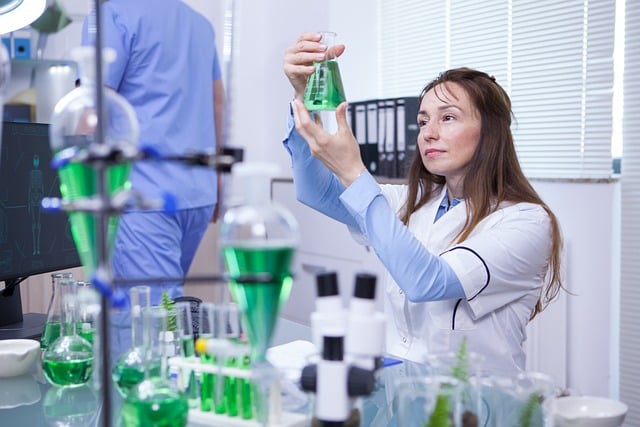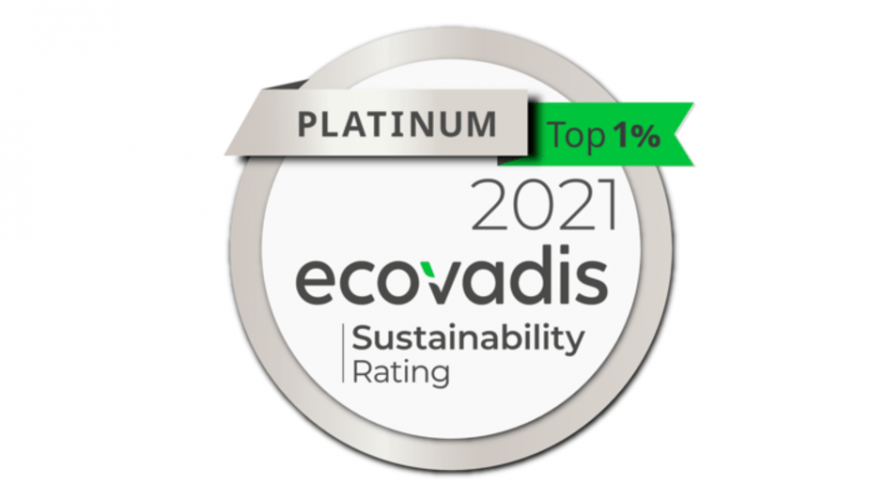The customer is king – an age-old mantra that is truer in highly competitive global industries like food and beverage (F&B) production than any other. In recent years, a range of trends have come together in the MENA region and beyond to mould consumer demand in the F&B manufacturing industry,
including a greater emphasis on health and wellness, heightened ethical and environmental concerns over how food is produced, and a greater desire for traceability. For the industry to continue to grow and thrive, food manufacturers must react to shifting consumer demand, constantly innovating sourcing,
ingredients, production processes, and more. Below we explore just some of the latest innovations from the F&B manufacturing industry, a taste of what to expect at this year’s Gulfood Manufacturing (7-9 November in Dubai).
With long-standing ethical concerns combined with worries over the ecological impact of rearing animals for meat, demand for plant-based alternatives continues to grow. Indeed the Middle East and Africa plant-based meat and dairy market is expected to grow from USD 283.97 million in 2023 to
USD 387.97 million by 2028, at a CAGR of 6.44% over the forecast period (2023-2028). In response, food manufacturers are responding by offering a wide range of innovative and nutritious plant-based products. Among the latest plant-based innovations are dairy alternatives including chickpea and potato milks, yogurts made from butterbeans, pumpkin seeds and almonds, oat-based soft-serve ice cream and more. For those still craving the taste and texture of meat, lab-cultivated meat, poultry and seafood are also on the rise.
The distance from production to consumer – food miles – and the carbon missions arising from this, mean that environmental concerns relate not only to meat and fish, but food production as a whole. Taken together with the desire for greater food security and resilience in the food system has meant a drive for food production as close to consumption as possible. One way this has manifested itself in the MENA region (particularly the UAE and Kingdom of Saudi Arabia) is the innovation of vertical farming, with the high yield per square metre and lower water use when compared to traditional farming methods making vertical farming particularly suited to the arid climate of the region. The growth in vertical farming has not gone unnoticed by regional governments either, with agri-tech now prioritized as a key growth sector in a number of markets looking to both innovate and diversify their economies away from oil and gas.
Investment into advanced technologies can help address food security challenges across the entire production value chain, with the example of the UAE launching a series of initiatives to drive smart manufacturing in the country. This is because, according to the World Economic Forum, smart manufacturing could lead to a 20% reduction in production costs and enhance efficiency by 25%.
“Leveraging the potential of the Internet of Things (IoT), machine learning, and analytics achieves more optimized operations and greater sustainability progress,” said Athar Siddiqui, Executive Vice President of Siemens Digital Industries in the Middle East. “With the help of digitalization, food and beverage companies can efficiently connect all their manufacturing departments and gain intuitive insights that help them produce the highest quality and most sustainable products possible.” A continued and growing emphasis on health and wellness is also driving innovation in food production around the world, with much greater scrutiny of the nutritional value of food, whether it is processed, and where it is sourced from.
Moderating caffeine and alcohol intake are key aspects of the trend towards healthier eating, so it comes as no surprise that F&B manufacturers are developing coffee substitutes (using mushroom, chicory, dandelion root in place of coffee beans), as well as low- and no-alcohol drinks to tap into growing
consumer demand.
According to the latest estimates, the majority of solid waste generated around the world (around two thirds in the U.S. for example) is packaging waste, with packaging from the food industry accounting for a significant proportion of this. Furthermore, of the approximately 78 million metric tons of plastic packaging produced each year around the world, only 14% is recycled. The vast majority of plastic is made using non-renewable sources – either oil or natural gas – and will ultimately end up in landfill. To address this, manufacturers are innovating with more eco-friendly, plant-based packaging using mushrooms, fruit, starches and reclaimed waste.
The biggest brands and most high-profile experts in global food manufacturing will be convening in Dubai from November 7-9 for Gulfood Manufacturing, to discuss the latest innovations in the sector at the Food Tech Summit, and showcase them in the largest exhibition yet. For a unique first-hand look at the future of F&B, join us at the world’s most influential annual F&B manufacturing event in the world.



